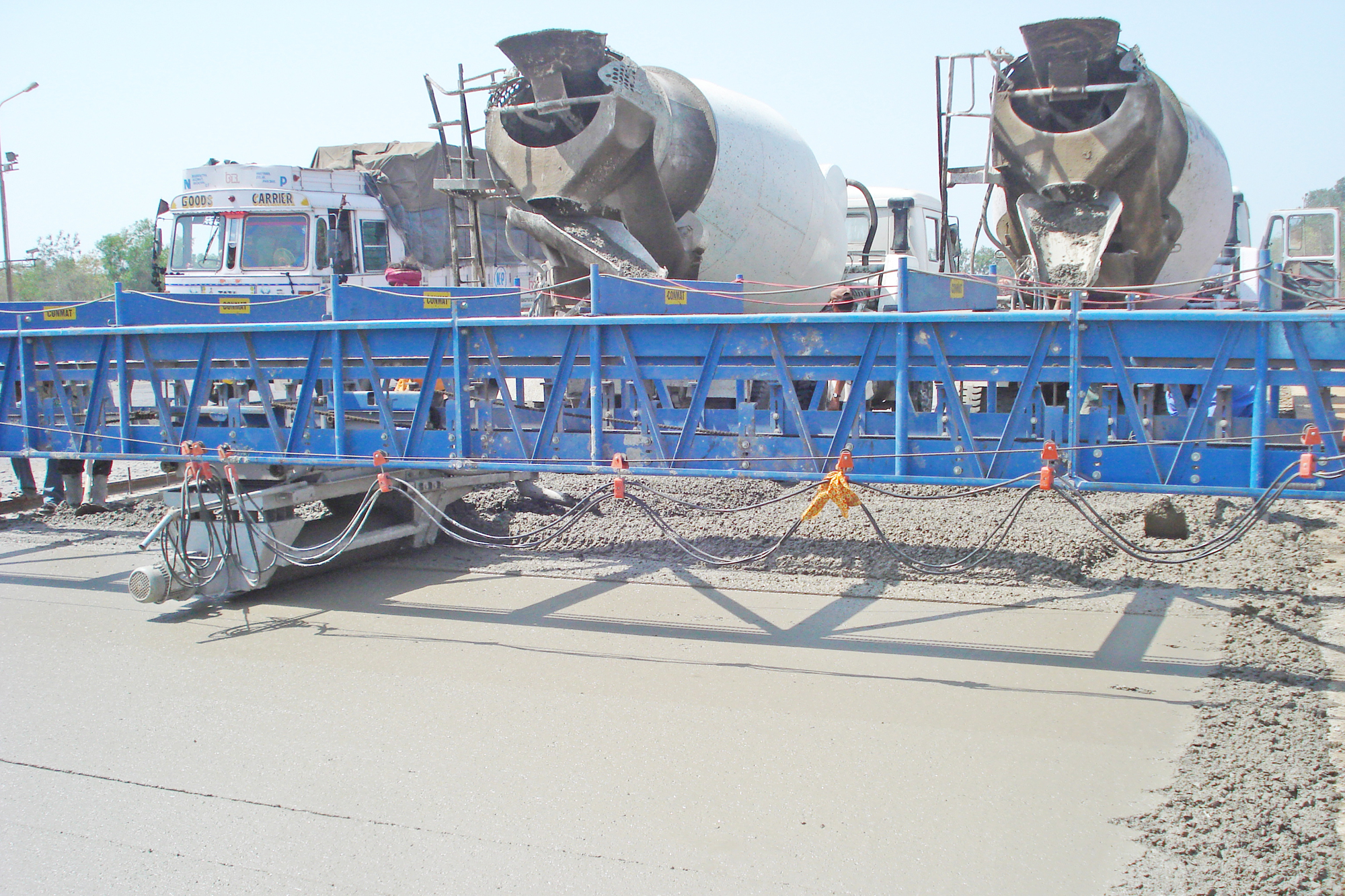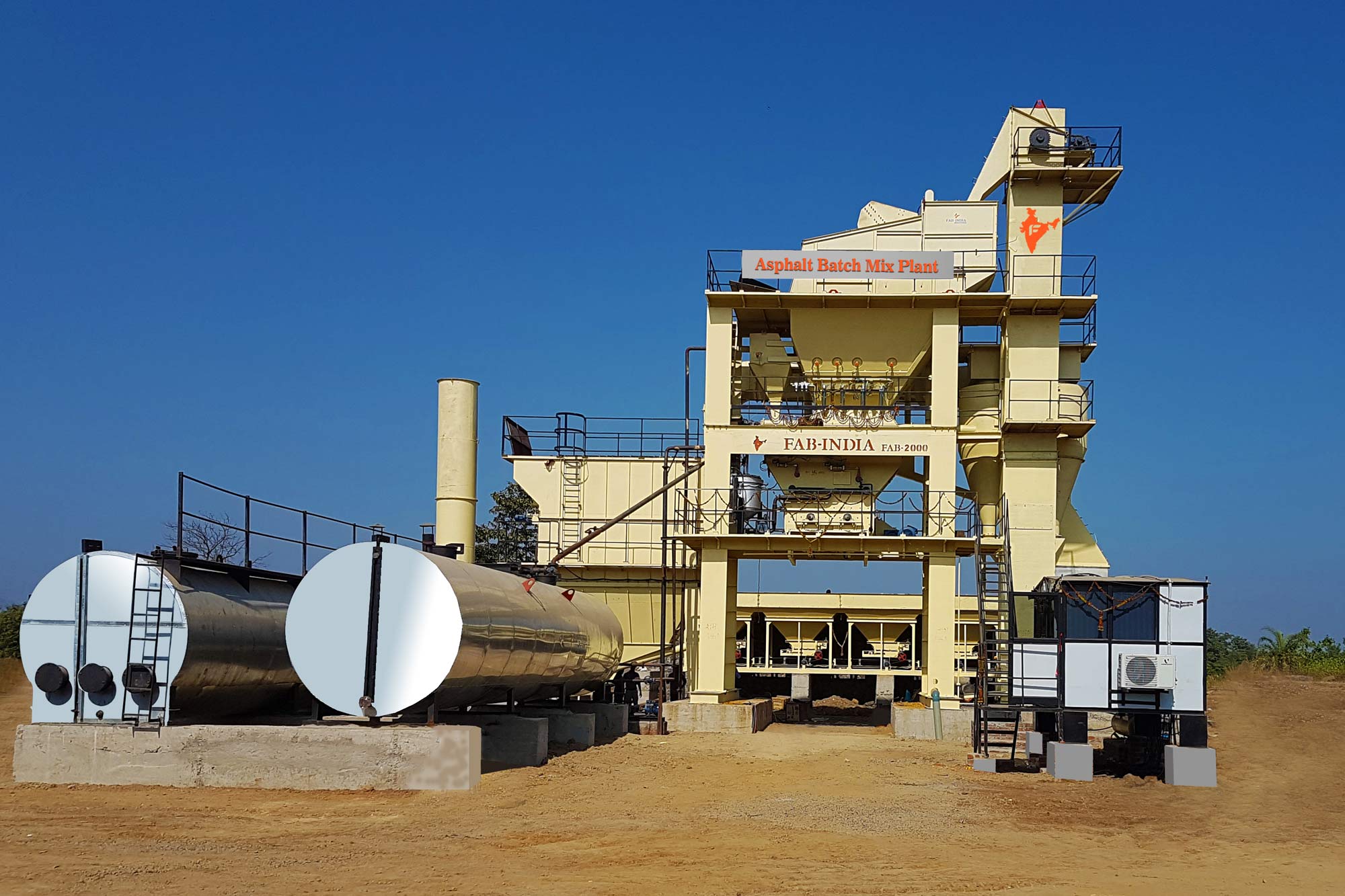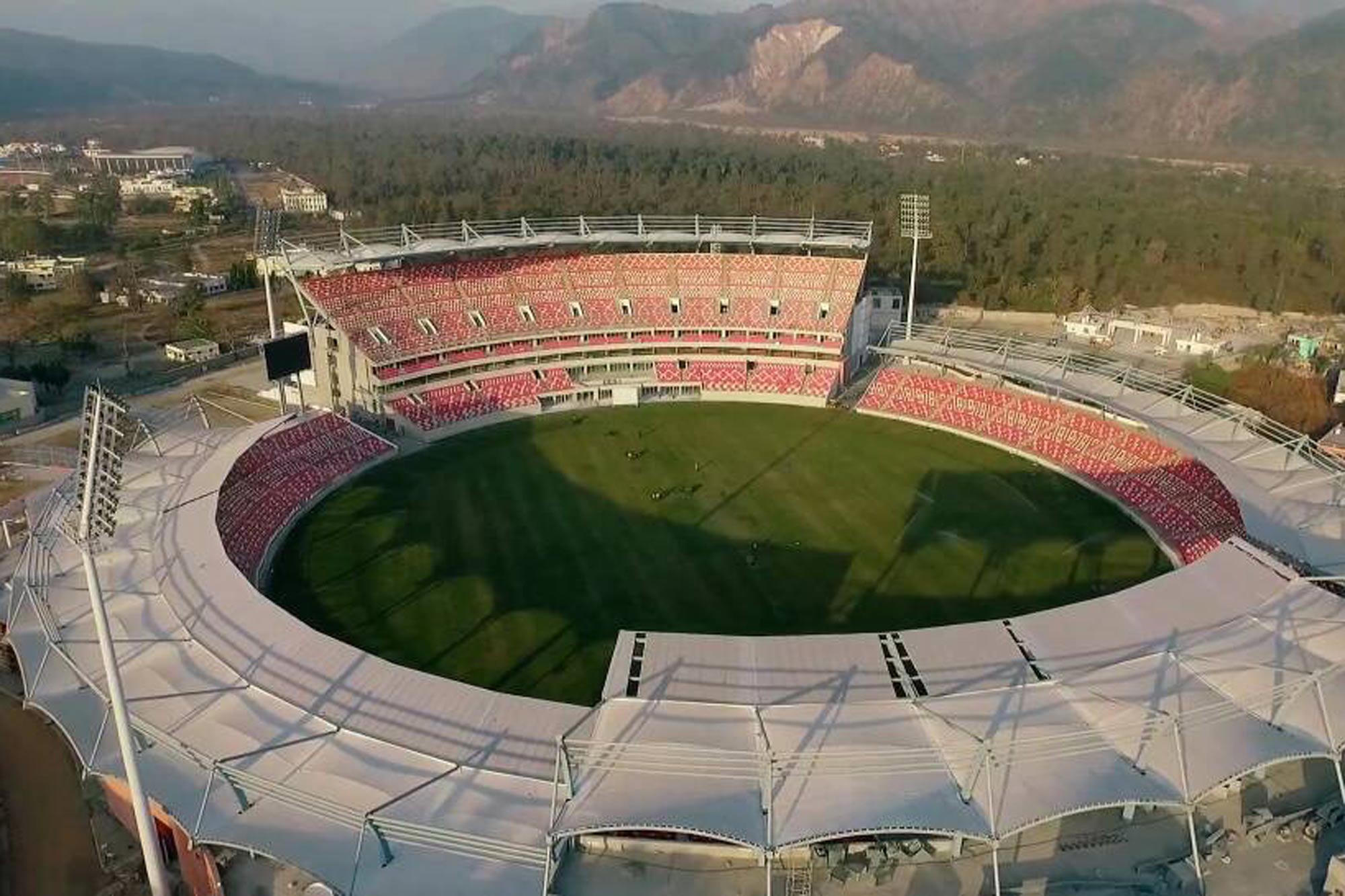Cement Vs Bitumen: Which is better for road projects
By Edit Team | July 8, 2017 7:02 am SHARE

Experts explain why cement concrete roads gaining acceptance over bitumen roads
The Indian government had decided to reduce dependency on bitumen (asphalt), the popular raw material for road construction, in favour of cement (concrete) for all new road projects since 2014. The Pradhan Mantri Gram Sadak Yojana has made it clear that all roads are to be made from cement moving forward. The decision was taken in consideration to the fact that concrete roads are seen to be more durable and thus will bring down the cost of road maintenance significantly.
According to Debasis Bhattacharya, Head –Sales, Marketing & Product Support, Ajax Fiori Engineering (I) Pvt Ltd, broadly classifying, rigid pavements (cement concrete roads) and flexible pavements (asphalt roads) are the types of roads that are used for road construction in India. Flexible pavement involves mixing of hot bitumen (a black colour binder material) with gravels and placing the mixture on the well prepared granular sub-base course and rolling a compactor to level the surface of the road whereas rigid pavement is made of homogenous concrete which is poured and levelled on a similar granular sub-base course.
Influencing factors
Sharing his views on which one is better – concrete roads or bitumen roads, Bhattacharya says, “It depends on many factors like feasibility, initial cost, maintenance cost, life cycle cost, durability etc. Flexible pavements are preferred because of low initial cost when compared to rigid pavements but when life-cycle cost (i.e. selection of a type of road which will provide satisfactory level of service at the lowest cost over design life) is considered, rigid pavements are much recommended because of lower life-cycle and maintenance cost.”
Everything has its pros ‘n’ cons
On what is better for road projects, Prashanth Kumar, Executive Director, Sicoma Mixers India Pvt Ltd shared his point of view stating, “Both have its pros and cons. From a user’s perspective, asphalt roads offer smoother and less noisy drives when compared to concrete roads. Since the friction and resultant heat generated on rubber tyres is less on asphalt roads, probably the service life of tyres is better. But asphalt roads are expensive to be laid and maintained.”
He also opines, “As asphalt reacts with water badly, in the absence of an effective drainage system, asphalt roads disintegrate rapidly with water logging. Service life of concrete roads is good due to its all weather proof nature. With modern concrete mixing plants and paving machineries, you can achieve faster productivity.”
For highways, one can lay concrete roads and side kerbs simultaneously. Selection of asphalt or concrete roads depends on some factors such traffic density, pay loads, weather conditions etc.
Advantages concrete roads
Commenting on which material is better for road projects, Sailaj Verma, Sr. Vice President, KYB-Conmat Pvt Ltd, believes that cement (rigid pavement) is much better for roads as compared to bitumen (flexible pavement).
Cost advantage
Cement is a much more sturdy and durable material for making roads than bitumen. Further explaining the advantages of using cement for road making, Verma said, “It might have a slightly initial cost and require more time for construction, however, usage of cement also brings down the cost of maintenance for the road significantly, to the tune of about 20-25 per cent as per the Pradhan Mantri Gram Sadak Yojana (PMGSY) report.”
Under the PMGSY a cost analysis was carried out for cement concrete roads vs bitumen roads, the initial, maintenance, lifecycle costs were analysed for a 1km stretch of both types of roads. The result proved that though the initial cost of cement concrete roads is 28 per cent more than bitumen roads (using of fly-ash-30 per cent in replacement to cement in concrete can reduce cost to 20 per cent), whereas the lifecycle and maintenance cost for cement concrete roads is 19 per cent (if fly-ash is used it will 27 per cent) less compared to bitumen roads, Bhattacharya informs.
Cement: Long-lasting material for roads
With varying water table levels as well varying rainfall conditions across the Indian geography, cement roads emerge as a more durable and sturdy option, since bitumen roads are known to get eroded by water, Verma said.
Upendra Mujumdar, Head – Sales and Marketing, Columbia Machine Engineering (I) Pvt Ltd is also in the opinion of concrete roads are better. He says, “Concrete roads give more life and very minimum maintenance if they are laid properly. It has been experienced in India where there is heavy rainfall that bitumen road tend to disintegrate creating huge pot holes. However, this is not the case with cement roads.”
Better water logging management
With bitumen roads, there occurs a lot of water logging, while with cement roads, the management of water logging is much better. According to Verma, “Bitumen roads could have to be laid again and again almost every year after the monsoon season owing to the damages incurred during the season.”
No deflection of slab during monsoon
In bitumen roads, the vehicle load are transferred grain-to-grain contact of the aggregates (gravels) through granular structure, hence during rainy season these roads are prone to seeping of water and potholes are formed due to continues movement of traffic on these roads. However, according to Bhattacharya, in cement concrete roads, the vehicle loads are transferred to sub-base soil by flexural strength of the pavement and the entire pavements acts like a rigid plate and in the intervals dowel bars are provided so that there no deflection of slab due to vehicle load.
Easy availability of cement
Today cement production is rising at a CAGR of about 7.2 per cent, which implies that there is abundant availability of cement in the country, while we need to import raw materials for manufacturing bitumen. With fluctuating crude oil prices, bitumen prices also vary significantly. The same is not the case with cement. This is the major reason why the government is laying huge emphasis on constructing cement roads and doing away with the bitumen roads in all its projects, opines Verma.
More feasible for construction
“Considering different climatic and environmental conditions (heavy rainfall/ soil erosion) cement concrete roads are more feasible for construction,” states Bhattacharya. The government is considering to provide cement concrete roads to all the villages which is a substantial investment for a span of 20 years and when these roads are properly executed it will last even more than designed span of time.
With the approach in self-loading mixer (SLCM) concept Ajax-Fiori has revolutionised the way of conventional concreting practices and has provided the end-users with fresh concrete which is batched, mixed and delivered at the site.
Cement concrete roads are one such application where the freshness of the concrete plays a key role in achieving of final strength which is difficult to be attained using a batching plant. Moreover, using of SLCM is cost effective, produces homogenous concrete at site and also there is an overall reduction in the duration of the project. Also the cement concrete roads which are constructed will have a life-span of 20 years which is difficult to be achieved with bitumen roads for a lower life-cycle and maintenance cost (20-25 per cent), claims Bhattacharya.
VG Sakthikumar, Managing Director, Schwing Stetter Sales and Services Pvt Ltd explains some of the major advantages concrete roads including:
Durability and maintenance free life
Concrete roads have a long service life of 40 years whereas asphalt roads last for around 10 years. Moreover, during this service life concrete roads do not require frequent repair or patching work like asphalt roads.
Vehicles consume less fuel
A vehicle, when runs over a concrete road, consumes 15-20 per cent less fuel than that on asphalt roads. This is because of the fact that a concrete road does not get deflected under the wheels of loaded trucks.
Resistant to automobile fuel spillage and extreme weather
Unlike asphalt roads, concrete roads do not get damaged by the leaking oils from the vehicles or by the extreme weather conditions like excess rain or extreme heat.
Greener process
Asphalt (bitumen) produces lots of highly polluting gases at the time of melting it for paving. Also, less fuel consumption by the vehicle running on a concrete road means less pollution.
Saving of natural resources
Asphalt (bitumen) is produced from imported petroleum, the reserve of which is becoming reduced drastically. On the other hand, concrete (cement) is produced from abundantly available limestone.
However, despite enormous advantages, many countries are replacing concrete roads with asphalt because it is cheaper, Sakthikumar points out.
Cookie Consent
We use cookies to personalize your experience. By continuing to visit this website you agree to our Terms & Conditions, Privacy Policy and Cookie Policy.



















































